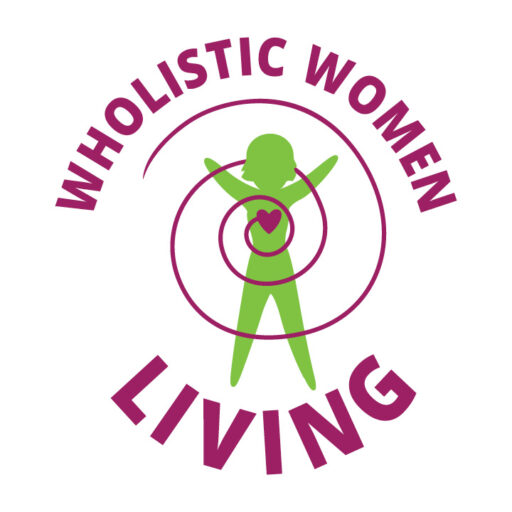I began playing volleyball at the age of 13 and quickly became one of the top players and team captain through middle and high school. Playing sports enhanced my innate competitive drive and I began to view winning as the only option, both on and off the court. My hatred of losing made every game an emotional roller coaster. If we did lose, I was distraught for the remainder of the day and often into the next. My identity became tied to my ability to perform and it didn’t take very long before this distorted thinking spilled over into all the other areas of my life. I pressured myself to get the best grades, be the best daughter, the best Christian, the best liked. When I met my own expectations, all was right in the world. However, failure to attain perfection led to self criticism and feelings of unworthiness. I now realize that my understanding of love and worth was connected to my performance and I felt loved when I was doing things ‘right’. When I was achieving or performing well, I thought I was more valuable and loved than when I made mistakes. I did not understand unconditional love. To me, love was very much conditional and contingent on my ability to perform.
This desire to be the best often led me into the comparison trap that drove the vicious cycle of evaluating myself against others, feeling as though I didn’t measure up, and then criticizing myself. I couldn’t be happy for someone else who was doing well because in my mind that meant I wasn’t. So, this judgment based on my interpretation of how my performance measured up to theirs often left me feeling miserable and unworthy. I was operating with a ‘scarcity mentality’ that thought life was made up of one pie and I was getting less of it if someone else got a big piece (for more on this, you can read 7 Habits of Highly Effective People). I didn’t understand that there was more than enough to go around and that one person’s success did not prohibit mine. Even more importantly, someone else’s achievements did not impact my value or worthiness.
There are many reasons we can fall into the comparison trap. Insecurity in our abilities can drive us to desire someone else’s traits. Looking at a friend’s Facebook page and judging our day to day circumstances against their ‘highlight reel’ can cause us to feel frustrated or dissatisfied with our life. I know from personal experience that when I have struggled with changing a bad habit and see someone successfully conquer it, I have gotten trapped in the cycle of comparison and self-criticism. Thoughts such as, “I’m not good enough”, or “I’ll never measure up”, or “I must be weak because I can’t do it as well” would start to creep in and derail my progress.
A paradigm shift happens when we begin to operate out of a place of security and a true sense of self-worth. When we recognize the gifts we’ve been given and embrace our strengths to fulfill our purpose, we can take the focus off what others have and put the energy into using what we have. There was a man in the Bible named Paul who wrote about this idea. He said, “Make a careful exploration of who you are and the work you have been given, and then sink yourself into that… Don’t compare yourself with others. Each of you must take responsibility for doing the creative best you can with your own life.” We each have skills, traits, and hobbies that can be used and enjoyed for a fulfilling life. There is a wonderful joy that occurs when we embrace and grow our unique gifts. This same joy also genuinely celebrates in the abundance of others.
I invite you to join me at this month’s evening retreat, Be Free, on March 29th where we will dive more deeply into the topic of comparison. We will discuss the why’s and how’s of the comparison trap and learn strategies to break free from its damaging cycle. The result will be a celebration of the true, Wholistic, beauty in each one of us.
Today’s Author: WWR Partner Coach, Liz Reihm works with women of all ages to help them create healthy lives through mental, physical, and spiritual wholeness. She helps women discover their potential with both personal training as well as coaching.
For more information about Liz, you can visit her website: www.coaching4her.com; email her at [email protected]; or call (240) 397-6437 with any specific questions.

